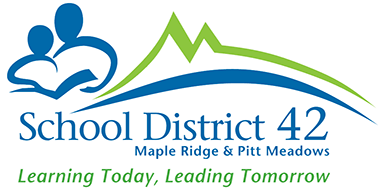The Early Childhood Education (ECE) programs prepares students to work with young children in a variety of early learning settings. An ECE Assistant is an entry-level position that allows an educator to work in a daycare / early childhood classroom and to count towards ratio of instructors to students. To maintain an ECE Assistant designation, students must return to school at least once every five years to take a new course before they can be re-certified.
To obtain an ECE-A certificate from Ridge Meadows College, students are required to take the course: ECED 1130: Curriculum 1, and must choose one (1) of four different elective courses.
Students who wish to continue in the ECE certificate or diploma programs may transfer any ECE-Assistant courses they have already completed into the longer program.
ECE-Assistant courses are taught online.
Applications are now open for the Spring/Summer 2026 semester.
Registrations will open in February as per below:
Current ECE C, D, IT and SN students – February 9
New ECE C, D, IT and SN students – February 16
New ECEA students – February 23
Previous/Current Students: If you are applying for an ECE program and have taken courses at the college before or are currently taking a program, please contact the RMC office at rmc@sd42.ca instead of creating a new application. This will allow us to link your new application to any previously completed courses.

